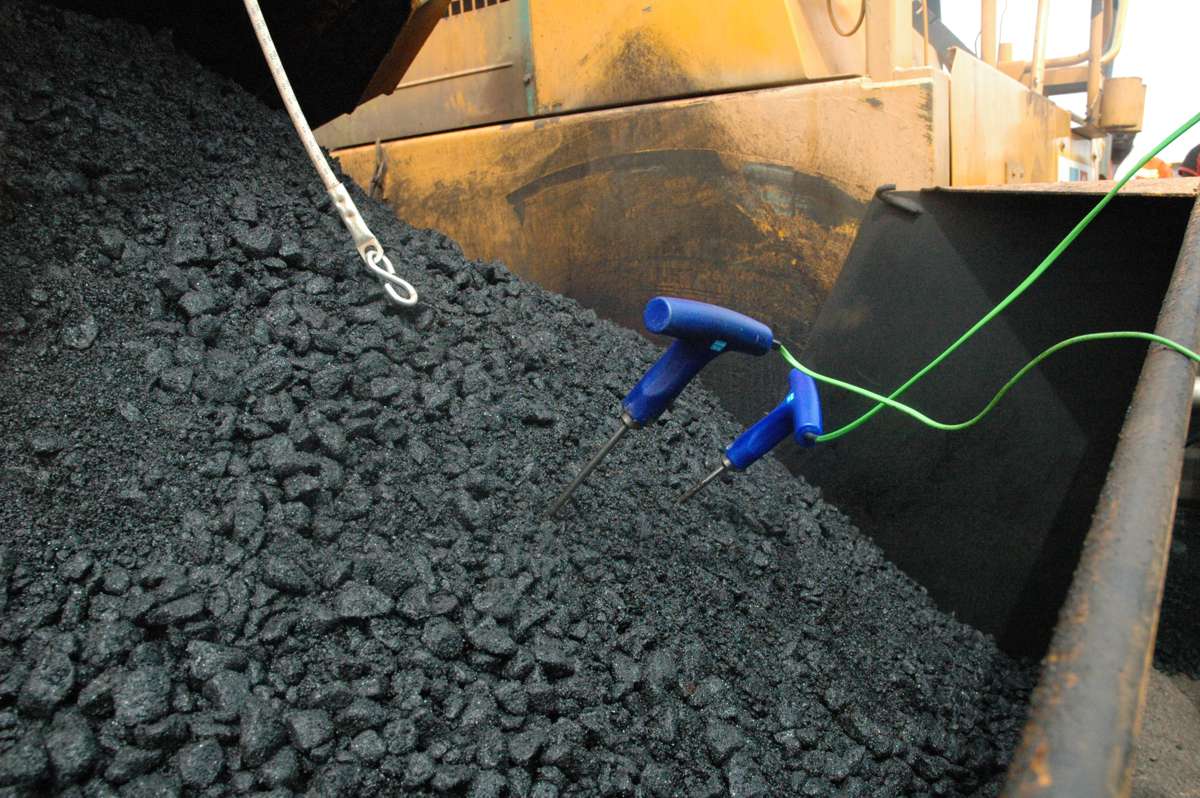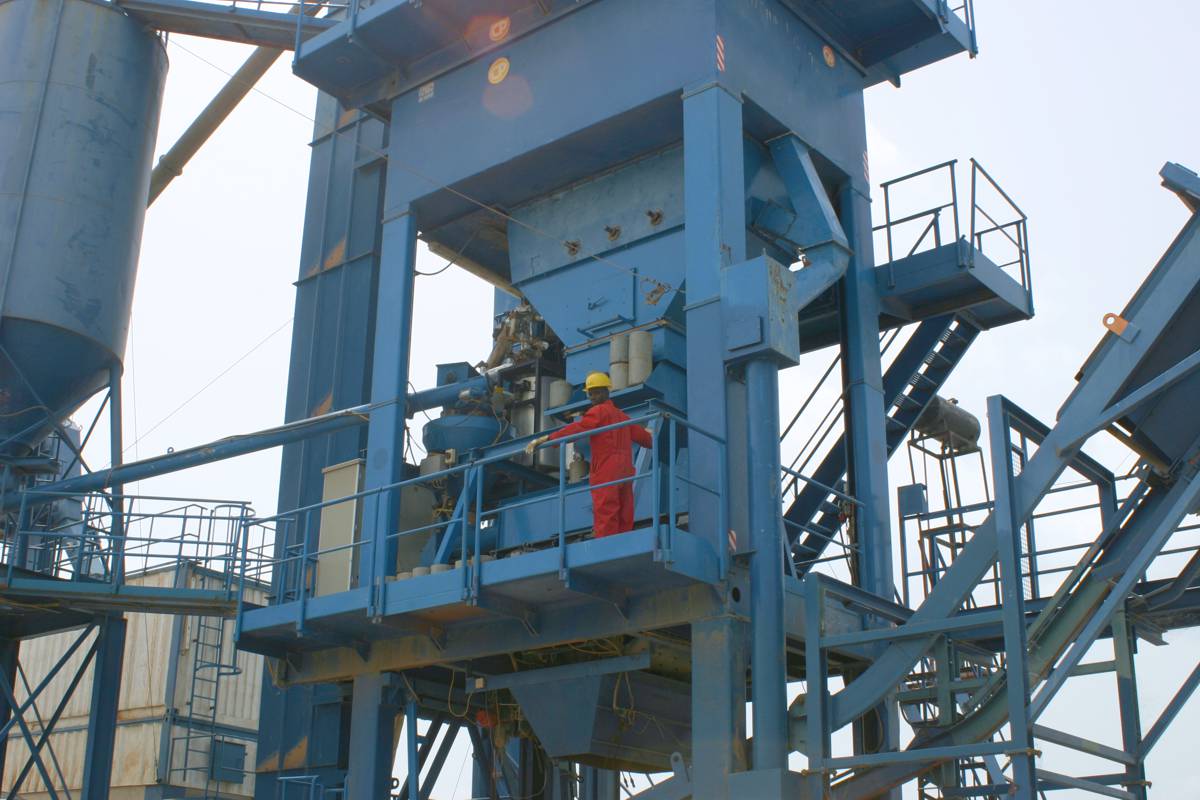A Guide to Asphalt Production Plant Operation
Asphalt plants play an indispensable role in road construction and maintenance, churning out the asphalt mix that paves our highways, city streets, and parking lots.
Understanding how these plants operate is essential for contractors, engineers, investors, and policy makers involved in infrastructure projects.
This comprehensive guide will delve into the intricate workings of asphalt plants, highlighting key processes, types, and the importance of each component in producing high-quality asphalt.
The Basics of Asphalt Production
Asphalt plants are complex industrial facilities designed to produce asphalt mix by combining various raw materials. The primary components of asphalt mix include:
- Aggregates (crushed stone, gravel, sand)
- Asphalt binder (bitumen)
- Filler material (mineral powder)
Aggregate hauling companies transport these materials to the plant where they are blended in precise proportions to create different types of asphalt, suitable for various applications from highway surfaces to airport runways.
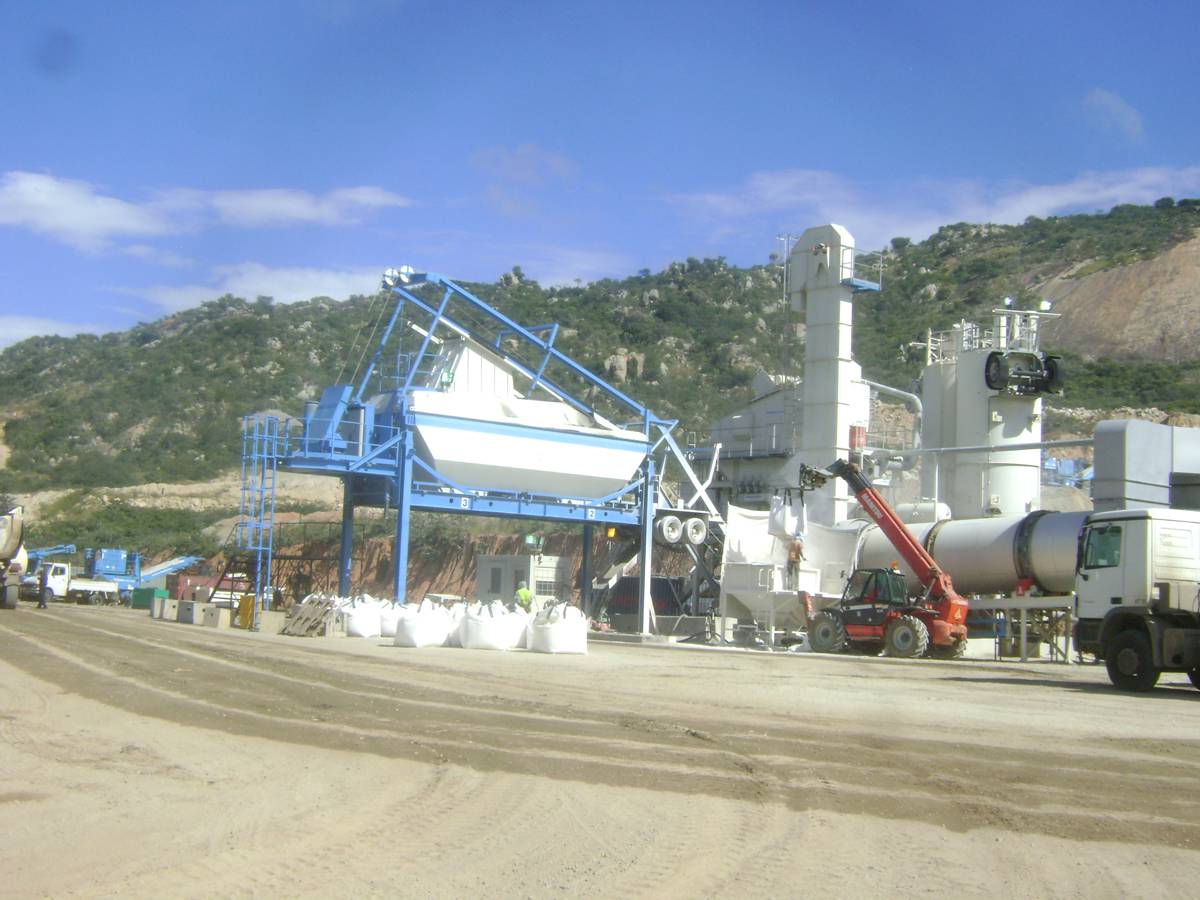
Types of Asphalt Plants
There are two main types of asphalt plants: batch plants and drum plants. Each type has its own unique process and set of components.
- Batch Asphalt Plants:
- Feeding Aggregates: Aggregates are fed into separate cold feed bins based on size and type. Conveyors transport these materials to the dryer drum.
- Drying and Heating: The dryer drum, heated by burners, removes moisture from the aggregates. This process is crucial as moisture can adversely affect the final asphalt mix.
- Screening: Dried aggregates are screened and sorted into different sizes using vibrating screens. This ensures the correct gradation for the mix.
- Weighing and Mixing: Aggregates, filler, and bitumen are weighed and then mixed in a pugmill or a batch mixer to produce the final asphalt mix.
- Storage and Transport: The mix is stored in silos before being loaded into trucks for transport to the job site.
- Drum Asphalt Plants:
- Continuous Process: Unlike batch plants, drum plants operate continuously. Aggregates are fed into a rotating drum where they are dried and mixed with bitumen in a single process.
- Efficiency: This type of plant is known for its efficiency and ability to produce large volumes of asphalt with less downtime.
- Types of Drum Plants: There are parallel-flow and counter-flow drum plants. In parallel-flow plants, aggregates and hot gases move in the same direction, while in counter-flow plants, they move in opposite directions, improving heat transfer and efficiency.
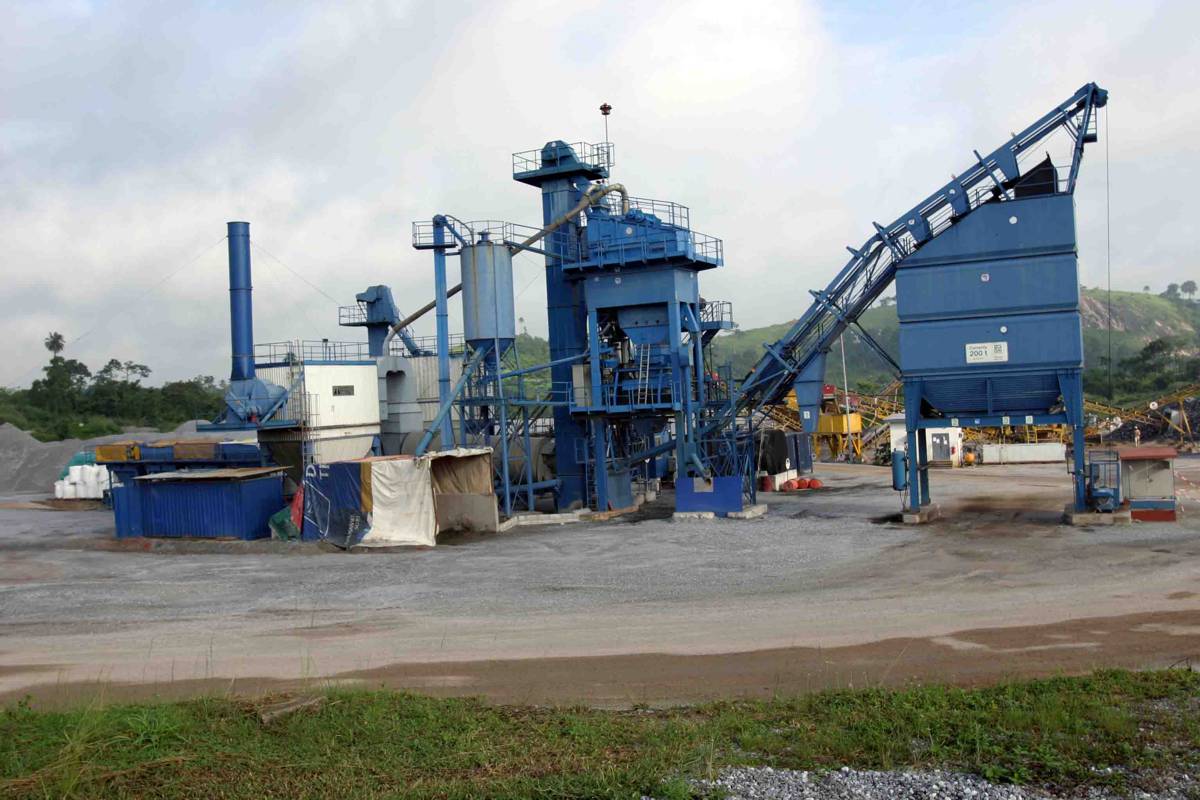
Key Processes in Asphalt Production
- Aggregate Handling and Storage
- Aggregates are stored in cold feed bins or silos to protect them from contamination and moisture.
- Conveyors and feeders ensure a steady supply of aggregates to the drying drum, maintaining consistency in the mix.
- Drying and Heating of Aggregates
- Aggregates must be thoroughly dried to prevent moisture from weakening the asphalt mix.
- Different types of dryers, such as parallel-flow and counter-flow, are used to achieve optimal drying. Temperature control is crucial to prevent overheating, which can degrade the materials.
- Mixing
- In batch plants, the mixing process occurs in a pugmill where precise amounts of aggregates, filler, and bitumen are combined.
- In drum plants, the mixing occurs within the rotating drum, allowing for a continuous flow of asphalt mix.
- Storage and Transport
- Finished asphalt mix is stored in heated silos to maintain its temperature and prevent premature hardening.
- The mix is then loaded into trucks for transport to the construction site, where it is laid and compacted to form durable pavement.
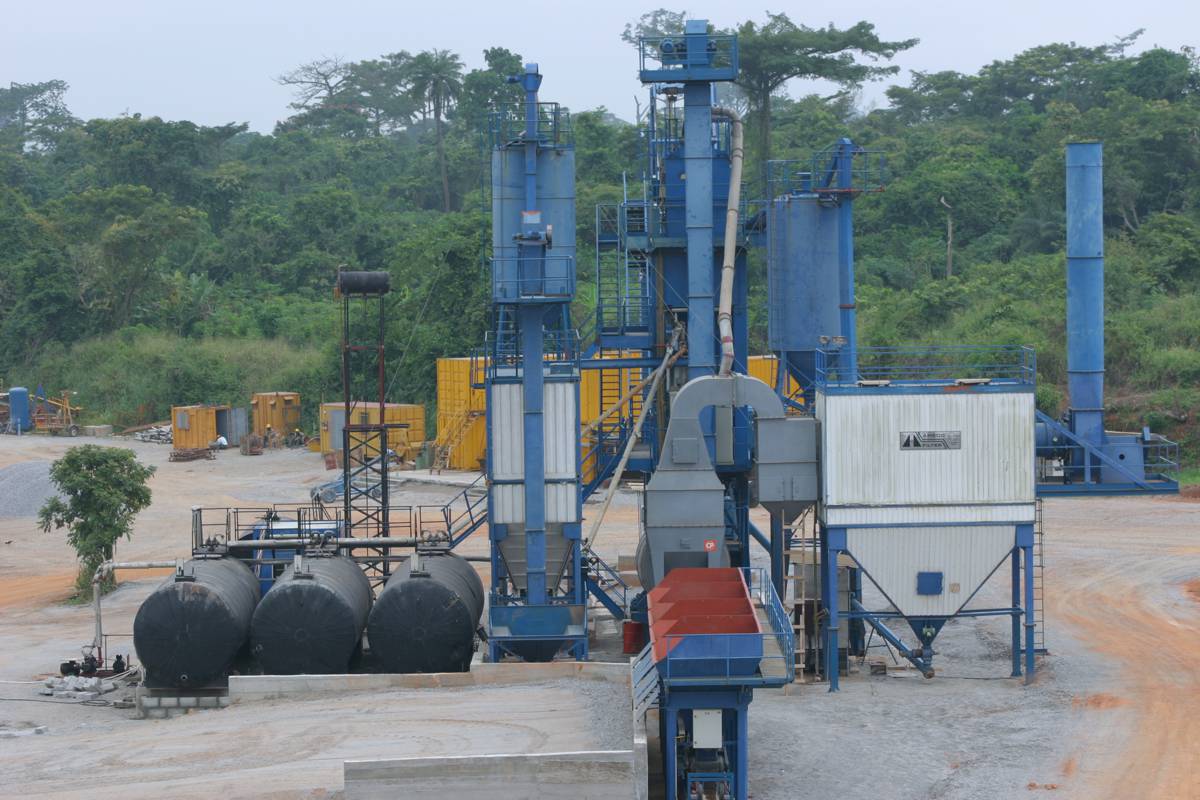
Innovations and Environmental Considerations
Modern asphalt plants incorporate advanced technologies to improve efficiency and reduce environmental impact. Key innovations include:
- Recycling: Many plants now incorporate reclaimed asphalt pavement (RAP) to produce new asphalt, reducing the need for virgin materials and minimizing waste.
- Emission Controls: Plants are equipped with dust collectors, scrubbers, and other systems to capture emissions and prevent air pollution.
- Energy Efficiency: Newer plants use energy-efficient burners and heat recovery systems to reduce fuel consumption and greenhouse gas emissions.
Understanding the operations of asphalt plants is essential for anyone involved in road construction and maintenance. These plants are the backbone of infrastructure projects, ensuring the production of high-quality asphalt mix that meets stringent specifications.
By mastering the processes and technologies involved, industry professionals can enhance the efficiency and sustainability of asphalt production, paving the way for safer and more durable roads.
